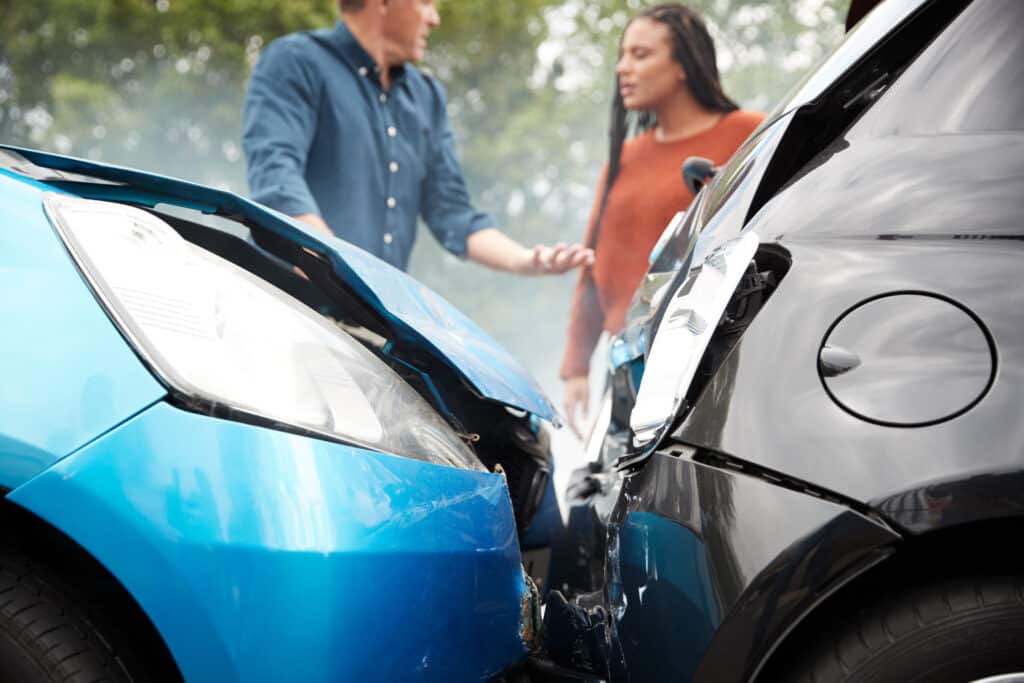
Reports show that car accident rates are far higher in Louisiana than in other states.
If you’ve been in a crash, it’s important to get to grips with Louisiana’s car accident laws. Having a basic understanding of some of the most important car accident laws in the state will help you seek compensation and secure a successful claim.
If you aren’t aware of how the law works around Louisiana car accidents, you could compromise your claim by filing too late, not reporting the accident, and more.
Keep reading to find out the most important Louisiana car accident laws to know about.
Louisiana Has a One-Year Statute of Limitations
The first thing to be aware of is that Louisiana has a one-year statute of limitations for car accident suits. In other words, you have one year from the date of the crash to bring a lawsuit to court.
One year might sound like a long time, but it’s not. Claim processes can be very slow-moving, so it’s critical that you lodge your insurance claim as soon as possible. The sooner you file the claim, the more time you’ll leave yourself to file a lawsuit if you have to.
Not only will this give you more time to file, but it will also give you more leverage in settlement talks. If the insurance carrier knows you’re down to the wire on time, they’ll be more motivated to push a lowball offer.
Louisiana Is a Comparative Negligence State
Another thing to know is that Louisiana is a comparative negligence state. Instead of negligence falling solely on one party, it can be split over both parties involved in a crash.
If you were partly responsible for an accident, the damages you receive will be reduced by the percentage of liability.
While this sounds fair on paper, keep in mind that there isn’t any empirical way of allocating fault. Therefore, to prevent inflated allegations of liability from eroding your claim, you need to be able to effectively negotiate with the claims adjuster, or persuade a judge and jury.
This is one reason why you should consider hiring a skilled car accident attorney.
Louisiana Allows Direct Action
Louisiana is one of the few states that allow direct action. This means that injured parties can directly name an insurance carrier in a court case.
This is good news for plaintiffs. Juries often hesitate to hold at-fault drivers for large settlements if it will spell financial ruin for them and their families. If you can directly name an insurance carrier, this makes it clear to the jury that the defendant won’t have to foot the settlement bill.
Direct action also allows you to bring action even if the defendant is bankrupt, insolvent, or deceased.
You’re Legally Required to Report Accidents That Result in Injury or Property Damage
If you’ve been involved in a car accident in Louisiana, it’s critical that you report it to the authorities. Car accident laws in Louisiana require accidents to be reported to the police if they result in injury or damage to the value of $500 or more.
Additionally, most insurance carriers will only process a claim if you’ve filed a police report.
Police reports are also vital pieces of case evidence.
There Isn’t a Cap on Damages Under Louisiana Car Accident Laws
Most states place limits on the settlement amounts you can claim from an at-fault defendant. Under Louisiana law, there is no cap on plaintiff recovery for car accidents, unless they go through the small claims court. In this case, claims must be less than $3,000.
Are You in Need of Legal Representation in Louisiana?
If you’ve been in a crash in New Orleans, it can pay to understand the basics of some of the main car accident laws in Louisiana. For instance, making a police report and filing a claim as soon as possible can help ensure the success of your case.
Another way you can ensure the success of your case is by hiring the right car accident attorney.
Here at Wright & Gray, we know how critical just compensation is to recovery. With us, you don’t just get an accident lawyer, you get a team of formidable attorneys who are committed to helping victims get the justice they deserve.
Contact us for a free consultation.
